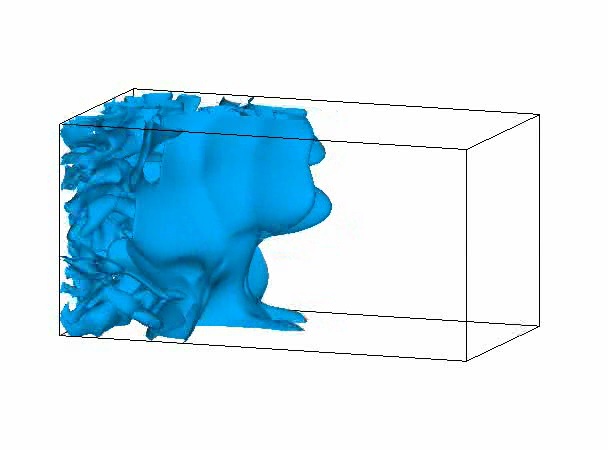Heat Power Engineering

Heat Power Engineering Laboratory focuses on combustion research for improving thermal efficiency and reducing harmful exhaust emissions. In-cylinder gas flow, spray and combustion processes are measured with ultra high-speed imaging, spectroscopy of emissions from chemical reactions, and lasers. Furthermore, CFD simulations are performed to predict and to elucidate those processes. Effective use of hydrogen, e-fuels and bio-fuels that contribute to carbon neutrality are also targeted.
 |
|
|---|
Development of hydrogen engine
Combustion in hydrogen engine
Electric power generators (gas engine) with hydrogen as fuel have been developed. Hydrogen engine has advantage to reduce CO2 emission. I am developing measurement system to obtain hydrogen-air equivalence ratio around the spark plug in direct hydrogen injection spark-ignition engine and contributing to develop highly efficiency hydrogen engine.
|
Internal Combustion Engines using future liquid fuels
Movies of fuel sprays
Future liquid fuels made from CO2 and derived from non-petroleum resources have attracted attention to achieve a carbon neutral society. Experimental activities and numerical calculations in this laboratory develop internal combustion engines that utilize potentials of future liquid fuels to reduce harmful exhaust emissions and to improve fuel consumption.
|
DNS of turbulent premixed flames of hydrogen
For the utilisation of hydrogen, which is a prospective alternative fuel, via combustion, I have been implementing DNS (direct numerical simulation), which is able to compute the governing equations of fluid precisely without any model, of turbulent premixed flames of hydrogen by using a supercomputer towards the elucidation of the combustion mechanism and the structure of turbulent premixed flames of hydrogen.

